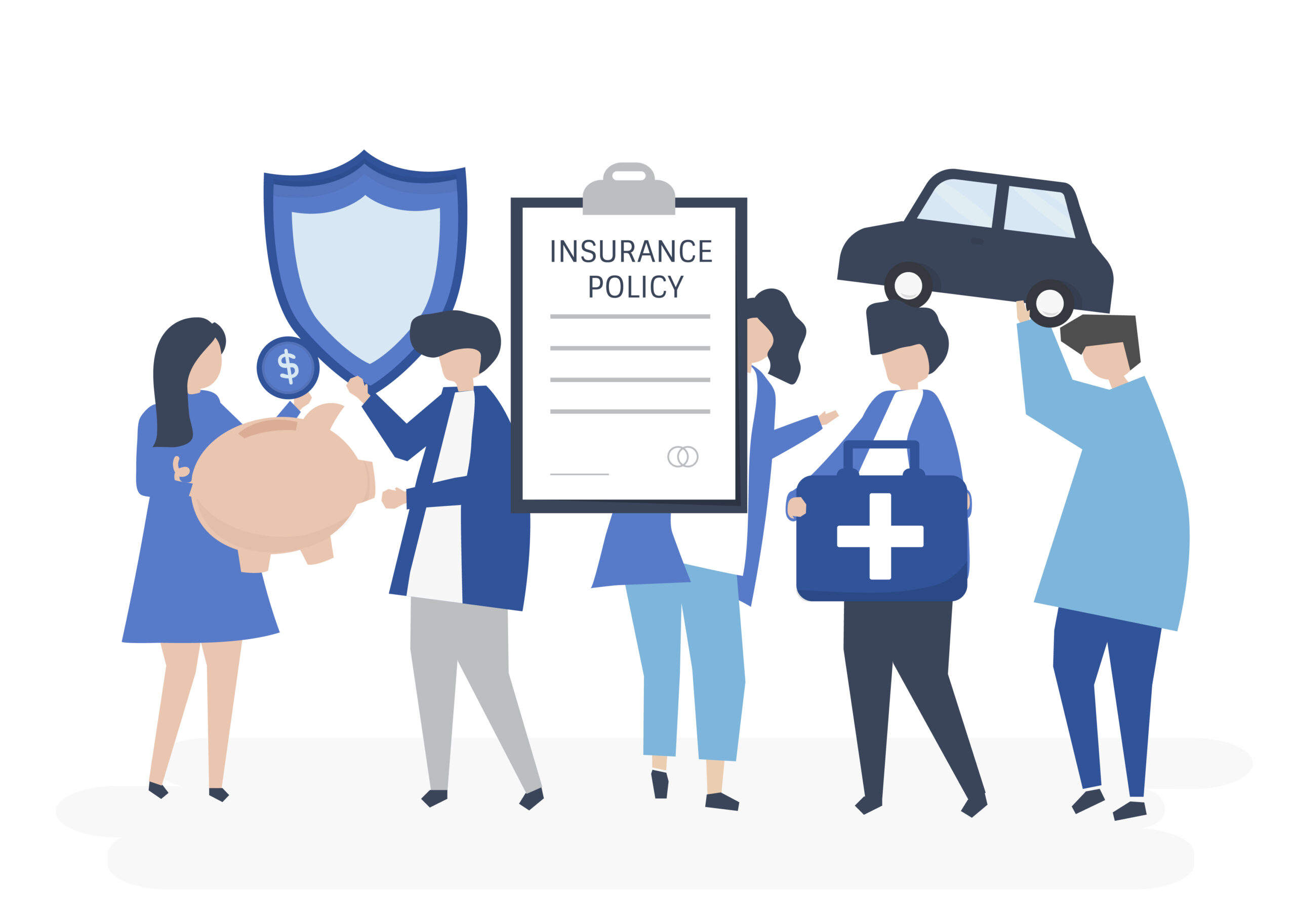
United Arab Emirates (UAE) boasts a world-class healthcare system, and in recent years, the UAE has made health insurance mandatory for all its citizens. But the question is who oversees and enforces these regulations. Whether you are an expat, employer, or UAE national, it is important to know who is responsible for regulating health insurance in UAE to comply and avoid penalties.
Throughout this blog, we will explain the primary jurisdictions under which health insurance regulation operates for the emirates and what that means — leaving you feeling secure to navigate.
Why Health Insurance Compliance Matters
From January 1, 2025, health insurance is compulsory across all seven emirates, i.e., Dubai, Abu Dhabi, Sharjah, Ajman, Ras Al Khaimah, Umm Al Quwain, and Fujairah. The scheme offers residents access to primary healthcare while lowering the cost of medical care.
Non-compliance has serious consequences, including heavy fines, visa processing problems, and business license suspension. That is why it’s essential to know which body regulates health insurance within your emirate.
1. Dubai – Dubai Health Authority (DHA)
In the Dubai emirate, the primary body that oversees and regulates health insurance is the Dubai Health Authority (DHA).
Major responsibilities:
Issuing Dubai employer and resident health insurance regulations
Overseeing the UAE nationals Enaya program
Administration of the Essential Benefits Plan (EBP) for low-income workers
Ensuring insurance companies and third-party administrators comply with licensing
How to stay compliant:
Dubai employers must provide health insurance for their workers
Those who sponsor dependents are responsible for their coverage
All insurance companies need to be licensed by the DHA
You can check your insurance status or approved firms on the DHA website.
2. Abu Dhabi – Department of Health (DoH)
In Abu Dhabi, health insurance is regulated by the Department of Health (DoH).
Key functions:
Regulation and enforcement of health coverage regulations for all residents
Management of the Thiqa program for UAE nationals
Regulation of private insurers like Daman and ensuring minimum coverage standards
Employer and insurer compliance checks
Compliance rules:
The employer must provide health insurance for employees, one spouse, and up to three children under age 18
Any coverage gap can lead to fines and visa issues
Citizens can verify their cover status by using the DoH’s online portal.
3. Northern Emirates – Ministry of Health and Prevention (MOHAP) & MOHRE
Health insurance regulation for citizens of Sharjah, Ajman, Ras Al Khaimah, Fujairah, and Umm Al Quwain is split among:
Ministry of Health and Prevention (MOHAP) – for healthcare infrastructure and licensing
Ministry of Human Resources and Emiratisation (MOHRE) – for employee-linked insurance compliance
Recent updates:
New federal legislation in 2025 now requires private sector employers to provide health insurance to their workers in these emirates. While the structure remains streamlined, MOHRE is working together with insurers and employers to ensure seamless implementation and monitoring.
You can track and confirm your compliance status via the MOHRE portal.
4. The Central Bank and Insurance Authority Role
The Central Bank of the UAE oversees the financial conduct and licensing of all insurance companies in the UAE. Previously, it had been a standalone entity as the Insurance Authority (IA) before being absorbed under the Central Bank in 2020.
What this means:
All health insurance companies in the UAE are legally mandated to be licensed by the Central Bank
They need to adhere to financial solvency, consumer protection, and operational requirements
The Central Bank is empowered to issue penalties against non-compliance or unethical behavior
Conclusion
It is important to know what authority oversees health insurance in your emirate to remain compliant and have continuous access to healthcare. Here’s a quick recap:
Dubai: Dubai Health Authority (DHA)
Abu Dhabi: Department of Health (DoH)
Northern Emirates: MOHAP & MOHRE
All Insurers: Governed by the UAE Central Bank
Regardless of your status — individual, sponsor, or employer — please make sure that you choose a certified insurance carrier, understand what you are committed to under the coverage, and stay informed regarding any regulatory revisions. Compliance isn’t just good law — it’s also your key to experiencing peace of mind and quality of care in the UAE.